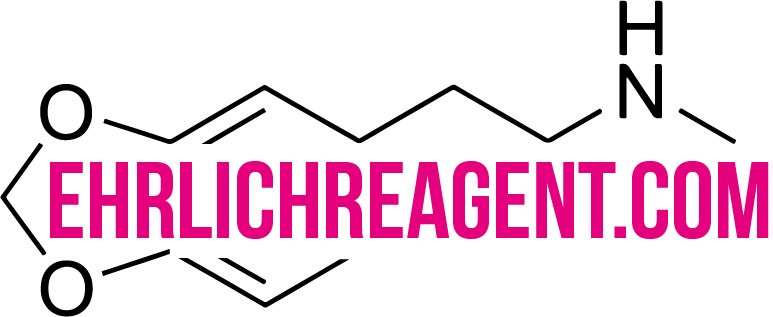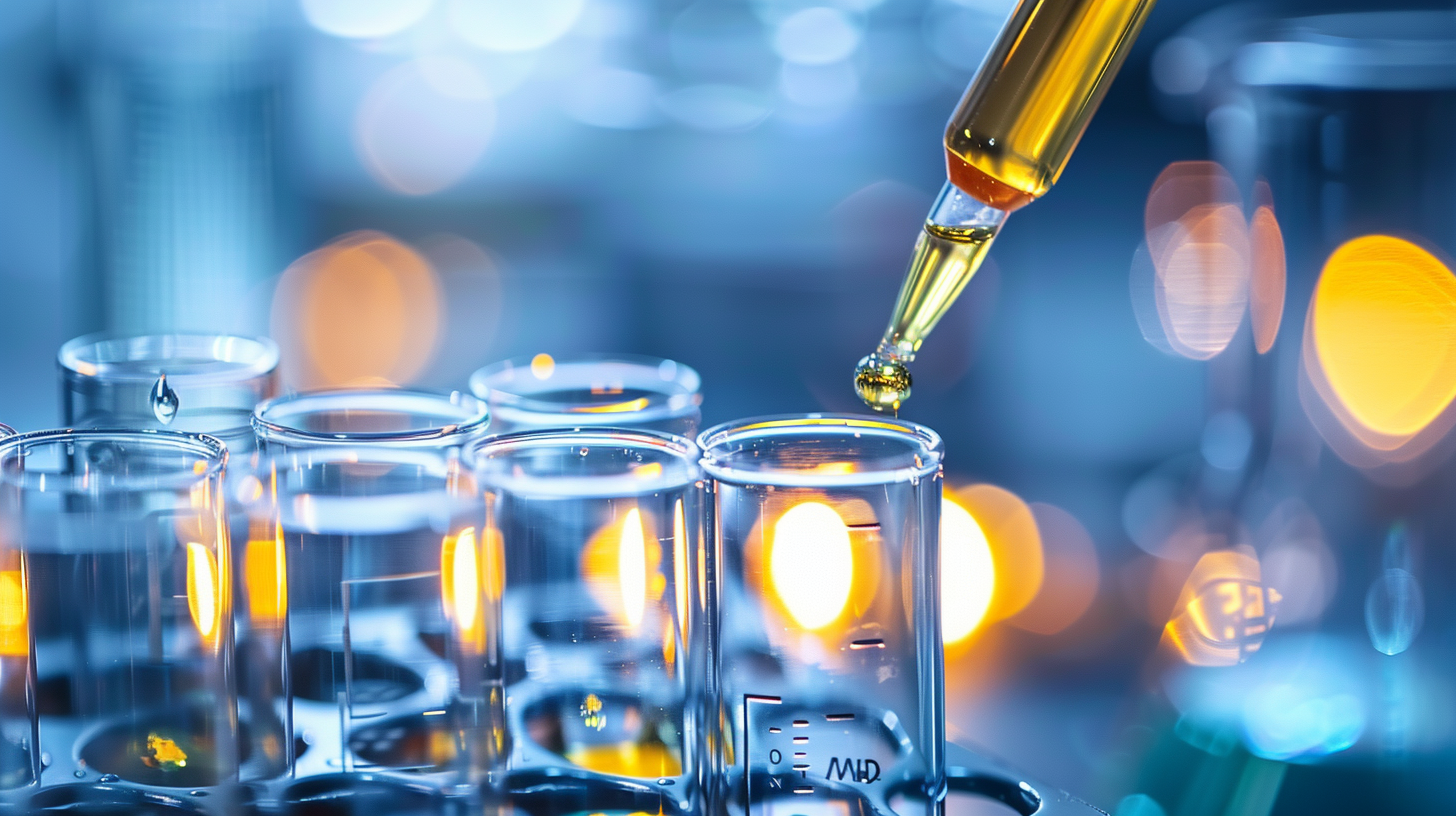In the shadowed corners of our bustling cities and even in the quiet, deceptive calm of suburban neighborhoods, the use of recreational and prescription substances has woven itself into the fabric of everyday life. From music festivals to private parties, from chronic pain management to the pursuit of a fleeting escape, the reasons for substance use are as varied as the individuals themselves.
However, the substances being used—often passed hand to hand in dimly lit rooms or purchased from the opaque corners of the internet—carry risks that extend far beyond the immediate effects they provide.
This is where the critical necessity of substance testing comes into the foreground, a practice not only of caution but of profound responsibility.
Why Test Your Substances?
The market for illicit and even prescription drugs is fraught with uncertainties. Adulteration—a practice where substances are ‘cut’ or mixed with other agents—can alter the potency of a drug drastically and unpredictably. More alarmingly, it can introduce substances that are toxic, sometimes fatally so. For instance, the rise of fentanyl as a common adulterant in street drugs has led to a sharp increase in overdose deaths, underscoring the lethal stakes of modern drug use.
Testing substances before use isn’t merely advisable; it’s a vital action that can be the difference between life and death. It’s an acknowledgment that in the pursuit of safety, knowledge is the most potent tool we possess.
Types of Reagents and Their Uses
At the forefront of substance testing are reagent kits, which provide users with the ability to check their substances for purity and the presence of dangerous adulterants. Here are some of the most commonly used reagents:
Marquis Reagent
The Marquis Reagent is primarily used for identifying amphetamines and MDMA (Ecstasy). When a sample is dropped into the reagent, a color change will occur indicating the presence of these substances.
Ehrlich Reagent
The Ehrlich Reagent is used to detect indoles, a class of compounds commonly found in substances like LSD and psilocybin. This test is crucial for those looking to ensure the authenticity of their psychedelics.
Scott Reagent
Typically employed in law enforcement, the Scott Reagent is effective for identifying cocaine. This reagent reacts to the cocaine in a sample by changing color, providing immediate feedback on its presence.
How Do Reagent Tests Work?
The principle behind reagent testing is simple yet remarkably effective. A small sample of the substance is placed onto a ceramic testing surface. Drops of the reagent are then added to the sample. A chemical reaction occurs, often visible as a dramatic color change. This reaction is compared against a color chart that accompanies the reagent kit, offering an immediate indication of the substance’s composition.
Why is Testing Important?
- Safety: First and foremost, testing is about ensuring personal safety. Understanding exactly what you are ingesting can help avoid the tragic consequences of consuming adulterated or falsely identified substances.
- Education: Regular testing promotes a deeper understanding of the substances within communities, helping to inform safer choices and encouraging an informed dialogue about drug use and its risks.
- Prevention: By identifying harmful substances before they are consumed, testing can act as a preventative measure against potential health crises like overdoses.
- Advocacy: When communities push for regular substance testing, it also becomes a powerful form of advocacy for harm reduction, influencing broader societal and policy-level changes.
Conclusion
In an ideal world, the need to test substances for safety wouldn’t exist—drugs would be regulated, clean, and safe. Until such a world is realized, testing kits like Marquis, Ehrlich, and Scott Reagents serve as essential allies in the quest to protect lives. For those who choose to use recreational drugs, these tests are not just tools; they are lifelines. Investing in a quality testing kit isn’t an expense; it’s an investment in safety and peace of mind.
Stay informed, stay safe, and remember that in a world of uncertainties, knowledge remains your most powerful defense.

